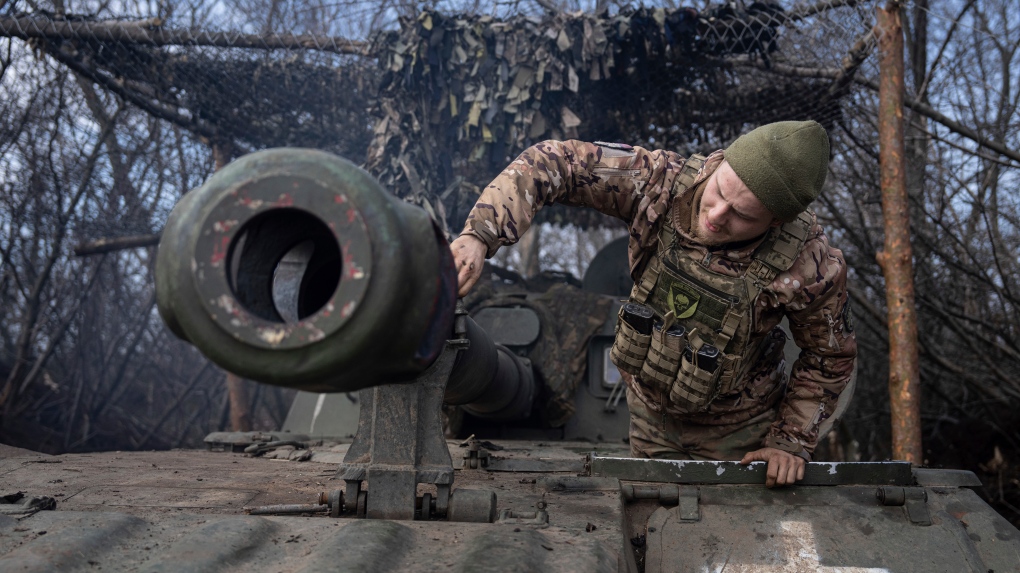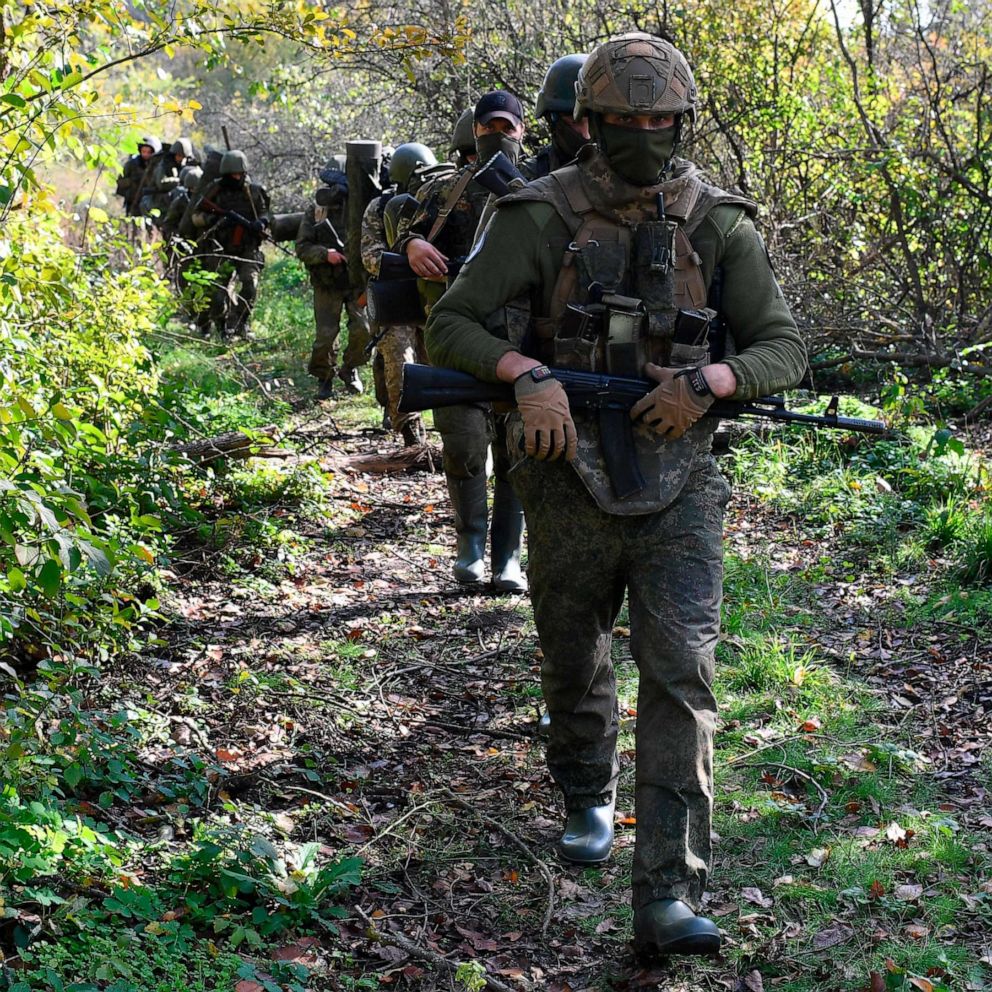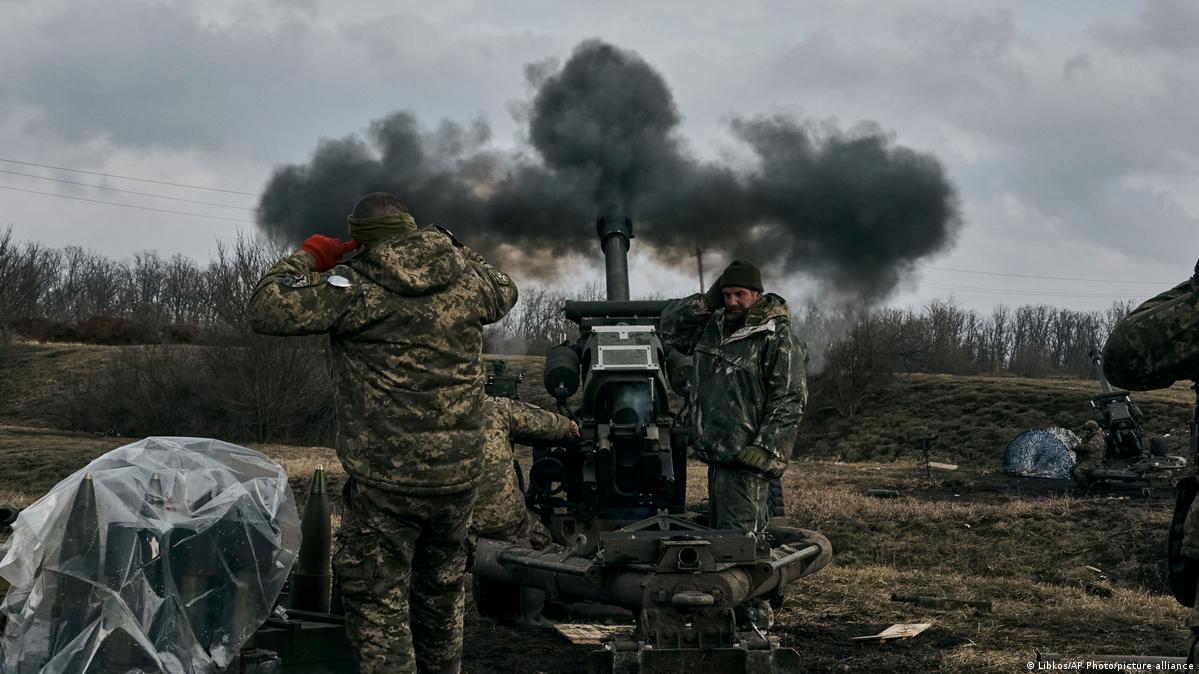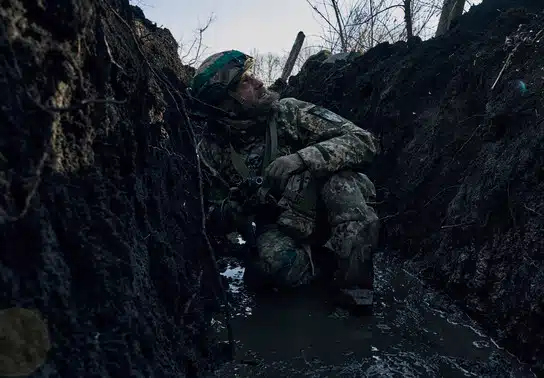For months, Russian forces have been engaged in a stalemated campaign to seize the eastern Ukrainian city of Bakhmut. Heavy casualties have been reported on both sides as the battle for the city continues.
More than 1,100 Russian soldiers have been killed in the past few days, according to Ukrainian President Volodymyr Zelensky, and many more have been gravely injured. Russia claimed responsibility for the deaths of over 220 Ukrainian servicemen in the past day.

Despite its lack of strategic importance, the city has become a symbol for Russian commanders who have been unable to bring good news to the Kremlin.
Russia annexed four districts in eastern and southern Ukraine last September in referendums widely regarded as a fraud, and taking the city of Donetsk would be a step towards its aim of controlling the entire Donetsk region.
Ukrainian ground forces commander, Colonel General Oleksandr Syrskyi, reported that the Russian mercenary Wagner Group was attacking from multiple fronts in an effort to breach the defences and push into the city itself.
The Wagner paramilitary group is essential to the Russian offensive in Bakhmut. Yevgeny Prigozhin, its leader, has placed his name and his private army’s success on taking Bakhmut.
Bakhmut’s Strategic Importance
Before the invasion, Bakhmut was home to 70,000 people, but now there are barely a few thousand left. The city’s salt and gypsum mines, as well as its massive wineries, were previously its claim to fame. Russia has been bombarding this little industrial city in eastern Ukraine for over seven months.
Oleksandr Marchenko, the city’s deputy mayor, claims that just around three thousand inhabitants remain in the city, all of whom are holed up in underground bunkers without access to running water, natural gas or electricity.

Officials from the West estimate that between 20,000 and 30,000 Russian troops have been killed or injured in and around Bakhmut.
The strategic value of Bakhmut is low, according to military experts. It’s neither a military outpost nor a major transportation hub, and it also lacks a sizable population.
Still, Russia is putting a lot of its military might behind an assault on the city.The Ukrainian defence of Bakhmut has cost it dearly, with many lives lost.
Russian pro-Kremlin propagandists need a victory to justify their existence. Earlier this year, Serhii Kuzan, chairman of the Ukrainian Security and Co-operation Centre, told media channels: “They are not just engaging in a military operation, but rather a political one. The Russians will continue to kill thousands in the name of politics.”
For military reasons, Russian leaders are eager to seize Bakhmut . They think it could serve as a stepping stone to even more territory. Capturing the city “might potentially allow Russia to attack the major urban centres of Kramatorsk and Sloviansk,” the British Ministry of Defense said in December.
Yevgeny Prigozhin, leader of the Wagner group will lose political clout in Moscow if he fails to make an impact here.

Bakhmut has been accorded political importance in Ukraine, as it has been in Russia. In his role as president of Ukraine, Volodymyr Zelensky has elevated the city to a symbol of defiance. During his December visit to the nation’s capital, he praised Washington as “the fortress of our morale” and presented a Bakhmut flag to Congress. “The battle for Bakhmut will alter the course of our war for independence and freedom,” he declared.
For the Ukranians, the primary military objective is to demoralise the Russian military. Bakhmut, because of the Russian tactics, is offering Ukraine a unique opportunity to kill a lot of Russians, according to media reports.
Five Russians are reportedly dying for every Ukrainian in Bakhmut, according to estimates by the NATO. Oleksiy Danilov, Ukraine’s secretary of national security, puts the figure at seven to one.












